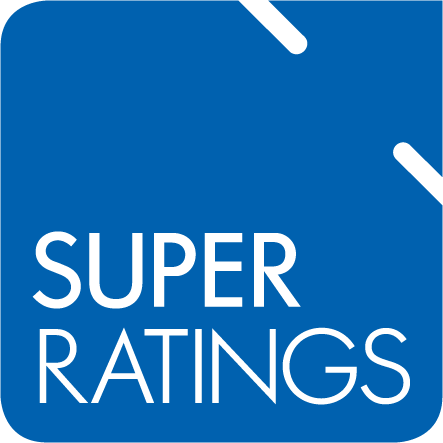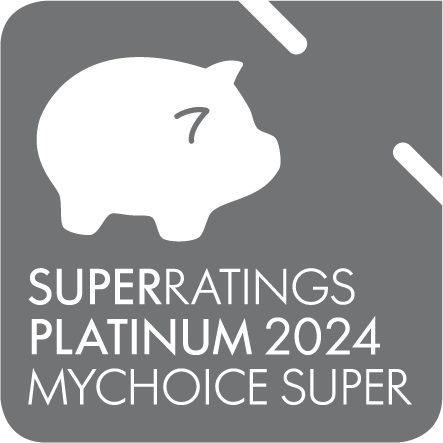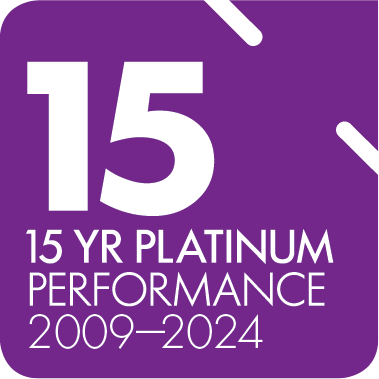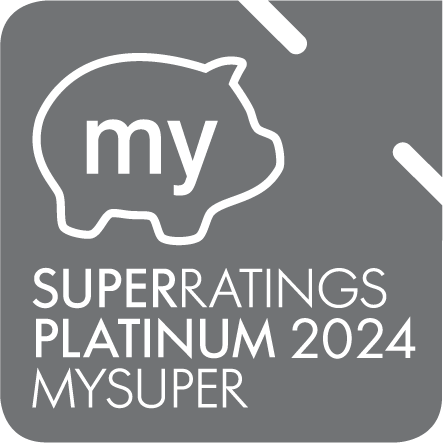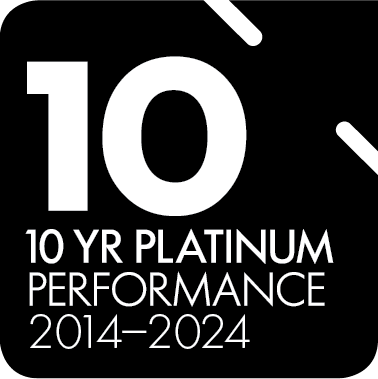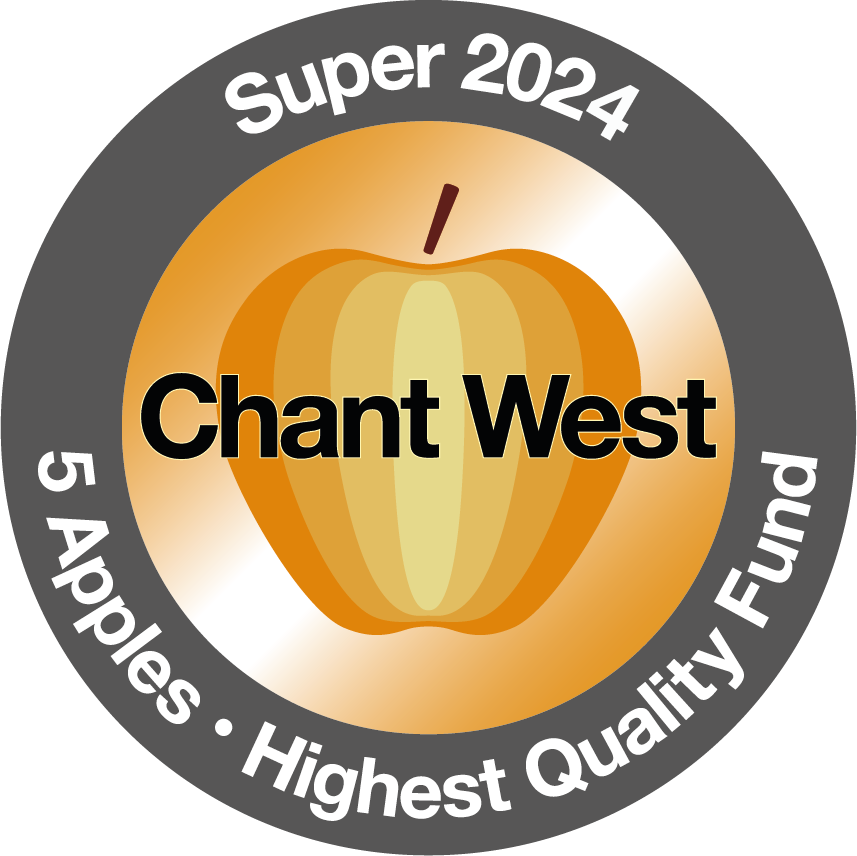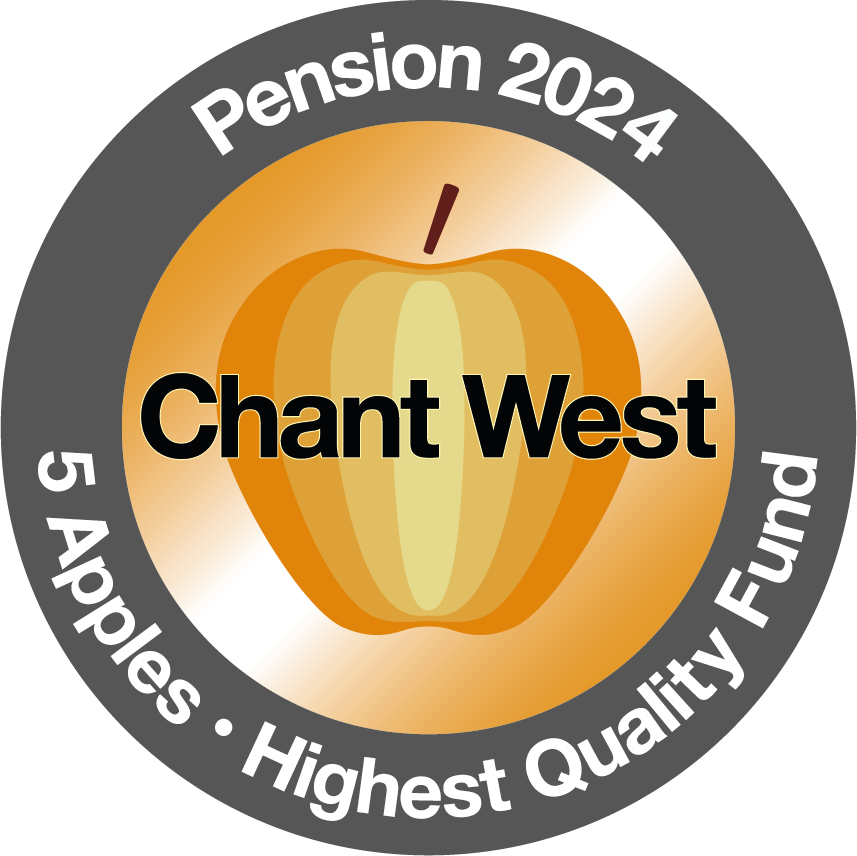A super boost from the government for low-income earners
You could boost your super by up to $500
If you earn a total income of less than $60,400 for the 2024-25 financial year, you may be eligible for a super co-contribution (also called a government co-contribution) of up to $500.
How does the co-contribution work?
If you make a personal after-tax contribution to your super during the financial year, you can receive up to $0.50 from the government for every $1 you added (up to $500, if your total income is $45,400 or less).
The amount of the co-contribution reduces for every dollar you earn over $45,400 and cuts out completely at $60,400. Once you lodge your tax assessment, the Australian Taxation Office (ATO) will automatically assess your eligibility and pay any entitlement into your super account later in the year.
See if you’re eligible
Eligibility for the government co-contribution payment is based on the following criteria:
- You’re a permanent Australian resident and under 71 years of age at the end of the financial year.
- You earn a total income of less than the maximum amount applicable for the financial year.
- You earn 10% or more of your total income from employment, running a business, or a combination of both.
- You have not held a temporary resident visa at any time during the year (unless you’re a New Zealand resident or hold a prescribed visa).
- The total balance of all your super accounts is below your general transfer balance cap at the end of 30 June of the previous financial year. For people who have not started a pension yet, the transfer balance cap in the 2024-25 financial year is $1.9 million. The ATO can tell you the amount of your transfer balance cap.
- You have lodged your tax return for the relevant financial year.
- You don’t contribute more than your non-concessional contribution cap in the 2024-25 financial year.
And remember, you’ll need to have made a personal after-tax contribution to your super during the financial year for it to qualify for a co-contribution payment.
Please note: If you claim any personal contribution you've made as a tax deduction, you won’t be eligible for a super co-contribution.
Make a personal after-tax contribution
If you haven’t already made a personal (after-tax) contribution this financial year, you’ll need to make one before the end of the financial year for it to qualify for a co-contribution payment.
Depending on the method you use to make your contribution (i.e. cheque, BPAY or via your employer), we may set a cut-off date earlier than 30 June to ensure your contribution can be counted as being received in the relevant financial year.
As we approach the end of financial year, we’ll publish the key cut-off dates on our website or in Member Online.
Payments made after the cut-off dates will count towards the next financial year. Most super co-contribution payments are paid into your super account automatically by the ATO between November and January each year.
How to make a personal after-tax contribution
There are three easy ways to pay a personal (after-tax) contribution:
We're here to help
If you’d like more information about contributing to your super and which types of contributions might be suitable for your circumstances, our team can help.
